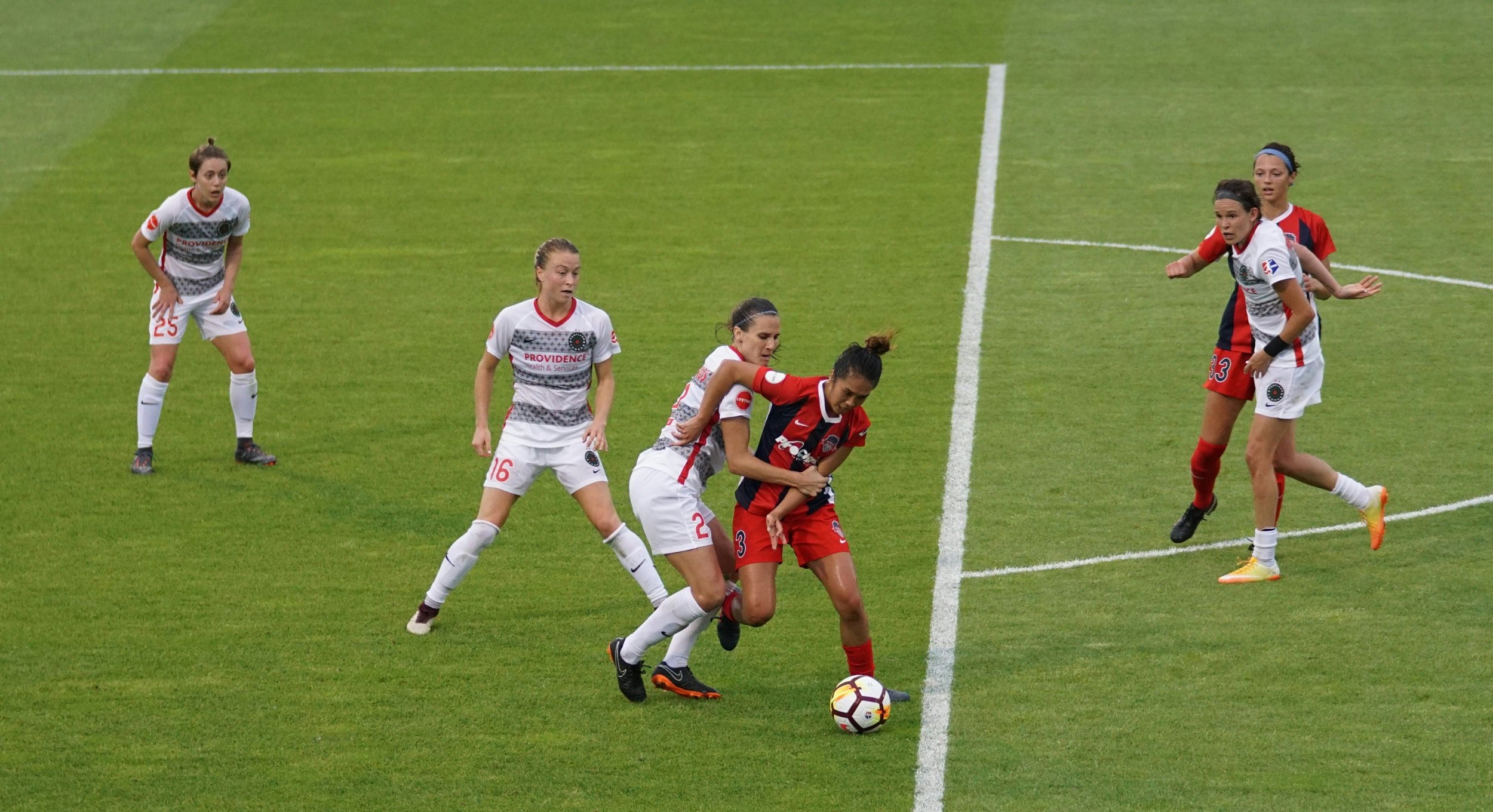Calacus Weekly Hit & Miss – Chris Nikic & The Football Association
Every Monday we look at the best and worst communicators in the sports world from the previous week.
HIT – CHRIS NIKIC
Ironman triathlon events are not for the faint hearted.
Only the fittest athletes are able to complete the gruelling test which comprises of a 2.4 mile swim, 112 mile cycle and 26.2 mile marathon run.
Florida native Chris Nikic made history this weekend by becoming the first person with Down’s Syndrome to finish an Ironman event and earn official recognition from the Guinness World Records.
The official Ironman account praised Nikic, tweeting: “You have shattered barriers while proving without a doubt that anything is possible!
“We are beyond inspired, and your accomplishment is a defining moment in Ironman history that can never be taken away from you.
“The opportunities you have created for others around the world through this journey you embarked upon, is immeasurable. Thank you for allowing us to be a part of your remarkable life story and we can’t wait to see what you achieve next.”
Aged just 21, Nikic has amassed over 69,000 followers as he aims to motivate and inspire others in his pursuit of ‘becoming 1% better every day’.
His actions have helped to raise awareness for Down’s Syndrome and the Special Olympics, as well as aiming to make society more inclusive as a whole.
Not content with his remarkable feat of endurance, Nikic is already looking at what he can do next to keep making a difference.
He posted on Instagram: “Goal set and achieved. Time to set a new and bigger goal for 2021…I achieved my goal and now I want to help others like me.”
Nikic’s story once again underlines the importance that sport can have in improving and bettering people’s lives, particularly those that may have faced significant hardships, and he has demonstrated why people should never be defined by their disabilities.
MISS – THE FA
The Football Association (FA) has been widely criticised after it announced that elite girls’ football would be suspended during the UK lockdown, while their male counterparts are able to continue playing.
Unsurprisingly, the decision sparked outrage across the game and even contradicts official government guidance, which stated that an elite athlete includes any person “aged 16 or above and on an elite development pathway”.
The FA said that the suspension of all Women’s Super League (WSL) academies and regional talent clubs was because their resources “do not meet the necessary ‘elite’ protocols”.
Women in Football, an organisation created to improve female representation at all levels of the game, tweeted their dismay at the decision.
The statement read: “Women in Football are disappointed by the pause in the Women’s FA Cup and by the ban on grassroots sport and especially girls football during this lockdown period – grassroots sport encompasses the youth pathway in the women’s game and we urge authorities to look at this.
“While boys can continue their progression, what message does it give to young women that their game is deemed less important? At a time when women’s sport is at such a tipping point, it’s imperative that it cannot take a back seat.”
For Watford striker Helen Ward, the new restrictions meant she went from scoring for Wales in a European qualifier to being classed as a ‘non elite’ footballer in the space of two weeks.
Since making their initial statement, The FA has remained silent at a time when they should have come out and explained the thought process behind their decision.
It undermines the increasing profile women’s sport is gaining in the UK and beyond and brings into question their commitment to supporting the women’s game.

